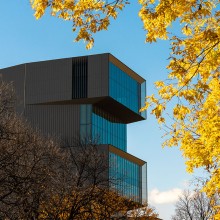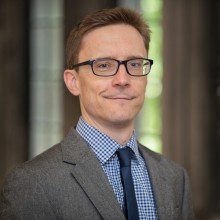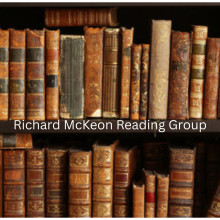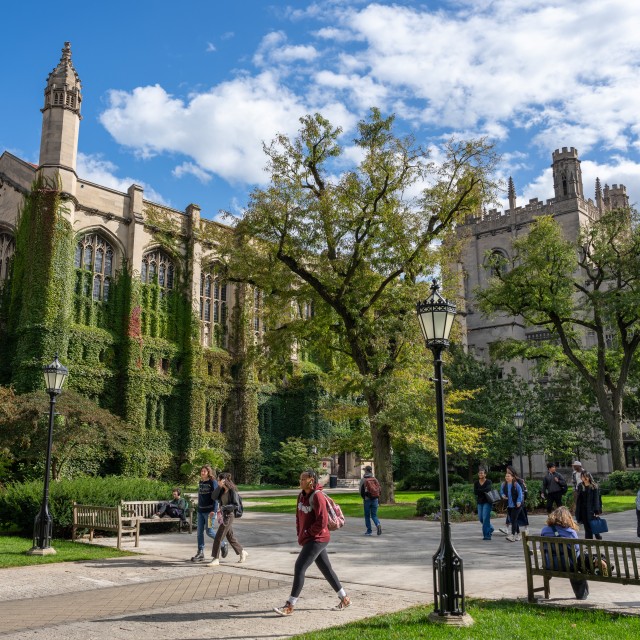
The McKeon Center
The McKeon Center takes its inspiration from Richard P. McKeon, one of the most influential educators and philosophers in the history of the University of Chicago. Drawing on McKeon’s lifelong exploration of the intellectual foundations of the liberal arts, the Center channels his legacy through three core initiatives. First, we seek to amplify and illuminate McKeon’s thought—particularly his views on pedagogy, rhetoric, and the basic unity underlying all human pursuits of systematic knowledge. Second, the Center fosters innovative teaching grounded in McKeon’s methods, offering College students rigorous, text-centered engagement with the central concepts of the liberal arts. Third, we nurture both student and faculty research on the history of ideas in its broadest sense.
Events, Fellowship, Research Initiatives
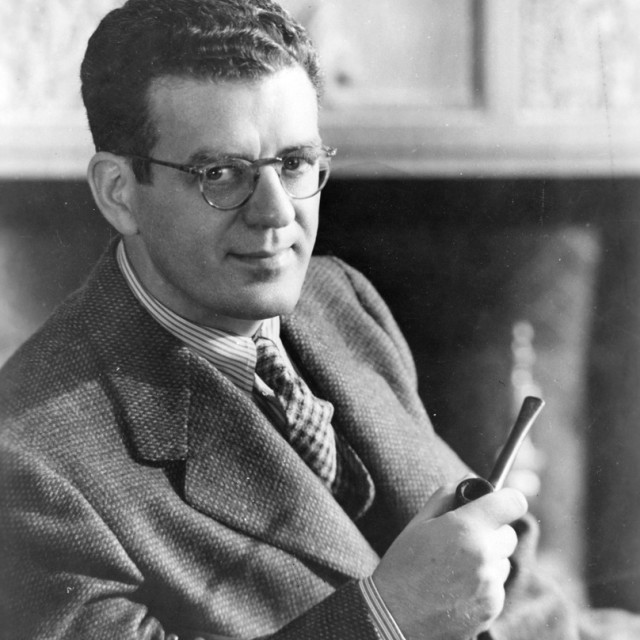
About Richard McKeon and his Legacy
Richard McKeon (1900–1985) was a distinguished philosopher, classicist, and human rights advocate whose academic career was largely spent at the University of Chicago. Renowned for his interdisciplinary intellect, McKeon’s scholarship bridged philosophy with literature, history, and the broader humanities, advancing a holistic understanding of human culture and thought.
As a central figure in the Chicago School of Philosophy, McKeon championed intellectual pluralism, historical perspective, and collaborative exchange across disciplines. Beyond his academic achievements, he was deeply committed to the cause of human rights, serving on various committees and organizations devoted to social justice. His philosophical inquiries consistently reflected an enduring concern for the ethical and moral dimensions of human life.
Among McKeon’s most significant public contributions was his key role in drafting the UNESCO Statement of the Principles of Human Rights in 1947, a foundational document that helped shape the global conversation on human rights in the aftermath of World War II.
His papers are available through the Hanna Holborn Gray Special Collections Research Center at the UChicago Library.
